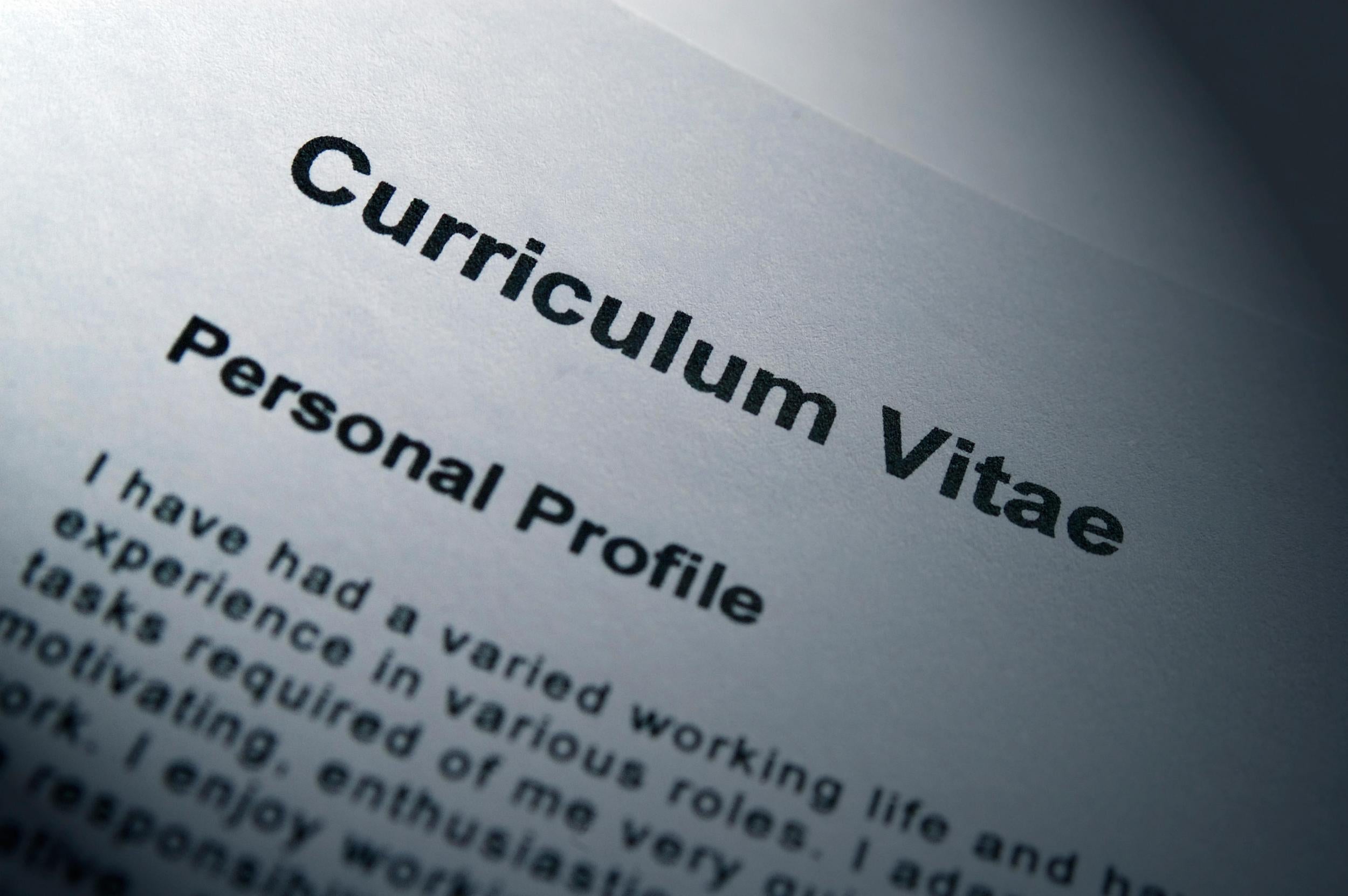The five things you ought to include (and two things you must avoid) when preparing your CV
Now you’re in your final year it’s time to start thinking about the next stage of life… Check out these top tips to make you stand out from the crowd

Your support helps us to tell the story
From reproductive rights to climate change to Big Tech, The Independent is on the ground when the story is developing. Whether it's investigating the financials of Elon Musk's pro-Trump PAC or producing our latest documentary, 'The A Word', which shines a light on the American women fighting for reproductive rights, we know how important it is to parse out the facts from the messaging.
At such a critical moment in US history, we need reporters on the ground. Your donation allows us to keep sending journalists to speak to both sides of the story.
The Independent is trusted by Americans across the entire political spectrum. And unlike many other quality news outlets, we choose not to lock Americans out of our reporting and analysis with paywalls. We believe quality journalism should be available to everyone, paid for by those who can afford it.
Your support makes all the difference.The CV is an essential part of applying for a job so it is worth making the effort to get it right. As Zoe McMillan, life & style community manager at online forum The Student Room, says: “This is usually your first contact with your potential employer. You want it to be great.”
Here are five things to consider:
1 – Choosing the right design (aka, helping the reader)
McMillan suggests keeping it simple, with a font such as Arial or Calibri and a point size no less than 11 (don’t alienate a potential employer from the start by making the CV hard to read). Keep things spacious with plenty of bullet points, and aim for no more than two sides of A4 paper.
Start with the essentials (name, email, phone number, relevant social media profiles). Then list your skills, education and work experience. The precise order – whether to list your skills before your qualifications, whether to keep it chronological, and so on – will vary according to your needs, Clare Chapman, careers consultant at UWE Bristol, says. “Choose the format that works for you, whichever one will highlight your skillset best.”
2 – Know your audience
Remember, this is a job you’re going for – you are trying to win someone over to pay you hard currency so put in a bit of effort with each application instead of treating it like a mailshot. Research the position you’re applying for – and the employer – thoroughly.
“Get into the employer's head and understand exactly what it is they're looking for,” Chapman says. “Make sure you tailor each CV to the role and company you're applying for.”
3 – Ensure you are a Star applicant
Your CV needs to reflect not just what you've done, but why it makes you ideal for the job on offer.
Therefore, when listing your experiences, adopt the Star (Situation, Task, Action, Result) technique: start with something which happened, describe your role, explain what you did and what the outcome was. “Keep everything evidenced based,” Chapman says. “Don’t make statements without backing them up.”
4 – Make the most of your qualifications
You've worked hard for your degree so make sure you get it working for you in your 'education' section. “Sell the value of your higher education qualification in terms of skills, experience and knowledge,” Katie Seymour-Smith, senior careers consultant at the University of Derby, says. “Think of all the value you will add and bring to the organisation.” You could also mention your higher education achievement report [LINK: http://www.hear.ac.uk], if your university participates in the scheme.
5 –Take pains. Be perfect
Before you send your CV anywhere else, send it to at least two friends for a final check. “Get them to check spelling, grammar and lasting impact,” Seymour-Smith warns. “Employers can be very picky.”
… and two things to avoid
First, don't let limited work experience hold you back. “You can include everything from internships to voluntary work to part-time jobs,” says McMillan. “Highlight the skills you developed.”
Second, don't chat about hobbies, pets and so on for more than a line or so. It's all about crafting a lean, effective document. “Anything not about showing off your skills and experience can be left out,” McMillan says. Fat duly trimmed, your CV will be ready to do the business.
Join our commenting forum
Join thought-provoking conversations, follow other Independent readers and see their replies
Comments